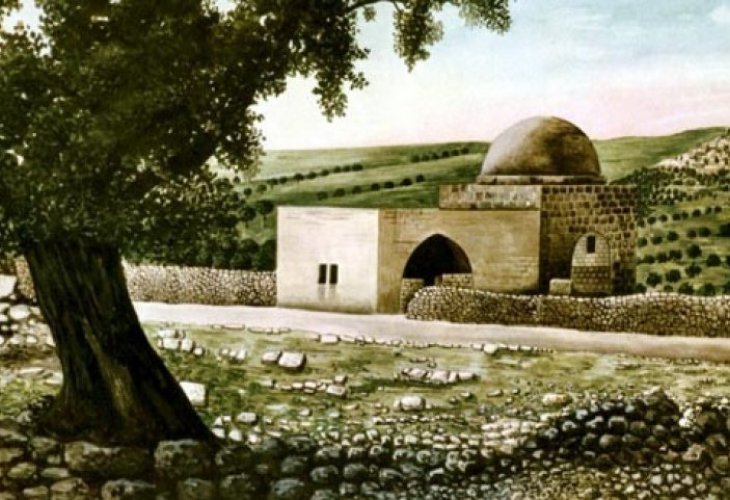Torah Personalities
Rachel: The Mother Who Waits by the Side of the Road
She gave up everything—her marriage, her honor, even her burial place—so we’d always have someone crying for us

More Than a Grave
She’s not “just a matriarch.” And this isn’t “just a grave.” Rachel Imeinu (our matriarch) is the mother of the Jewish people. Her tomb in Beit Lechem isn’t tucked away in a quiet cemetery. It stands right on the roadside, open to the pain of her children. All year long, thousands come, day and night, to stand by her tomb, whisper prayers, cry, and pour out their hearts.
Rachel never had the full experience of motherhood. For years she remained childless. After ten tribes had already been born, she was finally blessed with one son, Yosef. And even then, she begged: “May Hashem give me another.” That second child, Binyamin, was born on the day she died.
It’s not Leah, with her six sons, who became our national mother. It’s Rachel, who barely got to hold her own children. Why? Because her extreme sacrifice paved the road for a broader genre of motherhood that isn't rooted in her biological children.
Buried on the Road
Rachel wasn’t buried in the Cave of Machpelah, next to Yaakov and the other forefathers and mothers. She was laid to rest on the side of the road, in the middle of nowhere. This way, when her children would be led off to exile, crying and desperate, there would be someone there waiting for them and praying for them.
Our sages describe how each of the twelve tribes placed a stone around her. One large stone stood at the center. Her tombstone has stood there for 3,500 years. And every day, her voice still echoes: “Rachel weeps for her children.” And Hashem replies: “Your work will be rewarded.”
Rachel's tomb is so much more than a simple grave. It's the beating heart of a nation.
The Power of Giving Without Hesitation
A man once shared this story: He left the grocery store with a cart full of food for Shabbat. As he stepped outside, another Jew approached him, clearly struggling, and said, “I have nothing to feed my kids for Shabbat.”
His first reaction? Doubt. Maybe a scam. But then he caught himself: What if this was from Heaven? He didn’t have extra money, but he said, “Let’s split what I bought.” And he did—half the fruits, the vegetables, the meat, the fish. Everything.
When he got home, his wife noticed the bags were unusually light. At first, she was upset: “They took advantage of you.” But he calmed her. “Let’s do the mitzvah (Divine commandment) wholeheartedly,” he said. “Let’s believe we helped a family have a real Shabbat.”
Six months later, he suddenly suffered a severe stroke. He was 50. Healthy. Four days on a ventilator, unconscious. No one thought he’d survive. But then, on the fourth day, he had a dream: He was standing outside the same grocery store, and that same poor man shoved a full cart into him. The impact woke him up and he was alive. “It was a medical miracle,” he said. “But more than that, it was a miracle of giving.”
When Sacrifice Leads to Redemption
Rachel waited seven long years for Binyamin. She didn’t live to hold him. She died as he was born. And yet, it was Binyamin, the only one of the tribes who didn't bow to Esav, who merited having the Temple in his territory.
Sometimes the ones who wait the longest and cry the most end up holding the greatest light. The disappointment, the longing—none of it is wasted. On Rachel's yahrzeit (anniversary of death), we’re reminded: real giving, real prayer, and real sacrifice, won't ever disappear. These are the things that change lives and history.

